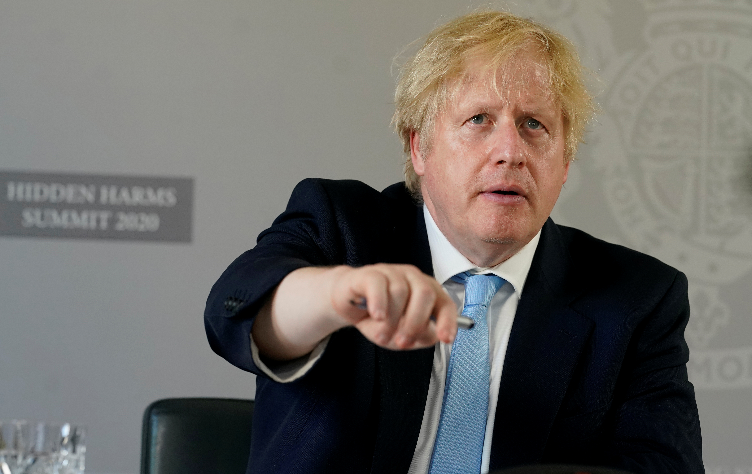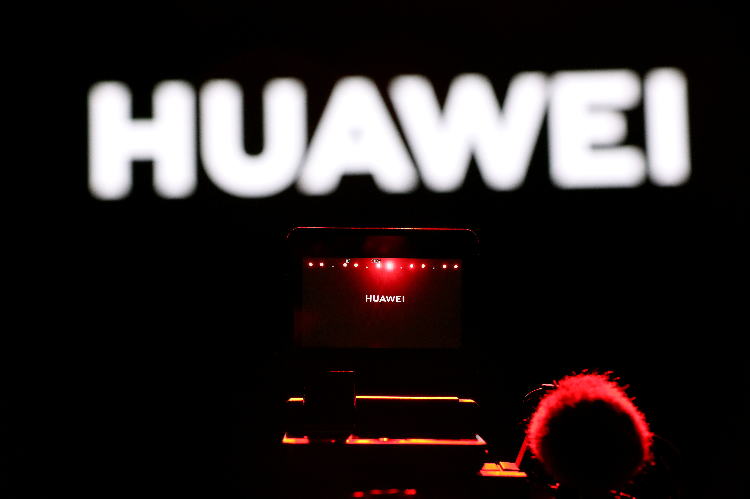Huawei may be facing its most terrible week for this year. After the United States showed dismay on one of China's giant tech companies due to security fears, another powerful country like the United Kingdom follows the same pattern.
Boris Johnson changes stand against China's Huawei

British Prime Minister Boris Johnson backpedaled on its first decision to allow Huawei in the country and now gives them three years to leave.
As reported via The Guardian, the PM was forced by the Conservative leaders to drawn up plans into slowly removing Huawei's access from 35% to zero by 2023.
"Following the U.S. announcement of additional sanctions against Huawei, the NCSC is looking carefully at any impact they could have to the U.K.'s networks," announces the government's spokesman.
Huawei has been accused of different crimes against national security. This was after experts allegedly found evidence pointing out that the company has been well-involved in the Chinese government, which fears of cybersecurity problems and user privacy.
The PM has not yet personally commented on the matter. But Sir Iain Duncan Smith from Conservative party said that "This is very good news and I hope and believe it will be the start of a complete and thorough review of our dangerous dependency on China."
Huawei, on the other hand, still hopes that this announcement will change over time. As they reiterated, there is no harm in using their technology and clarifies that they don't give out any personal info of their users to the Chinese government. Contrary to what the U.S. has been saying against them.
What happened back then?

Nearly four months ago, British Prime Minister Boris Johnson decided to take a different road against the world's hatred on China's Huawei and a chance to create 5G tech on the country.
Compared to the U.S., the British government told media at the time that 35% company's share will be given from the country's four mobile phone operators.
Johnson received backlash with his decision. But said, "The prime minister underlined the importance of like-minded countries working together to diversify the market and break the dominance of a small number of companies."
The U.S. is the main country that shows disbelief in the presence of Huawei tech among American users. Along with its ally, Australia.
"It's not hard to imagine a time when the U.S. and China end up in some sort of conflict," Tom Uren of the Australian Strategic Policy Institute (ASPI) told TechCrunch. "If there was a shooting war, it is almost inevitable that the U.S. would ask Australia for assistance, and then we'd be in this uncomfortable situation if we had Huawei in our networks that are critical telecommunications networks would literally be run by an adversary we were at war with."
ALSO READ: Why are US Parts Still Used in Huawei Smartphones Despite Blacklisting?
ⓒ 2026 TECHTIMES.com All rights reserved. Do not reproduce without permission.




